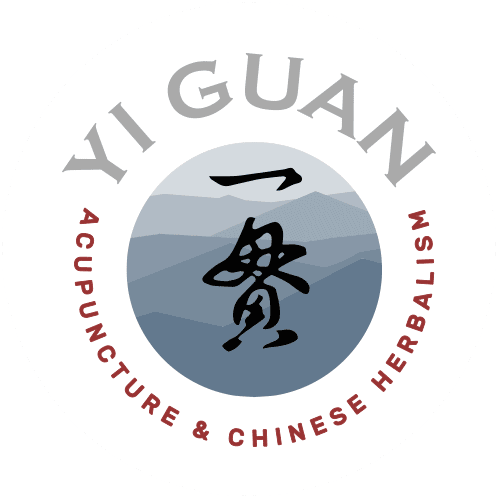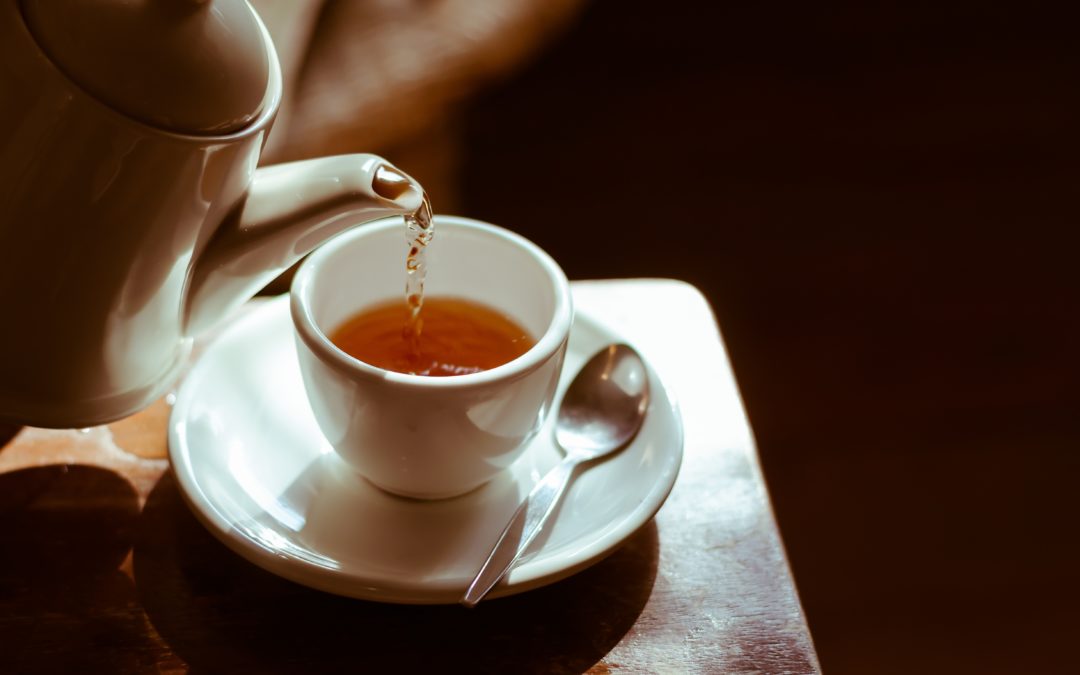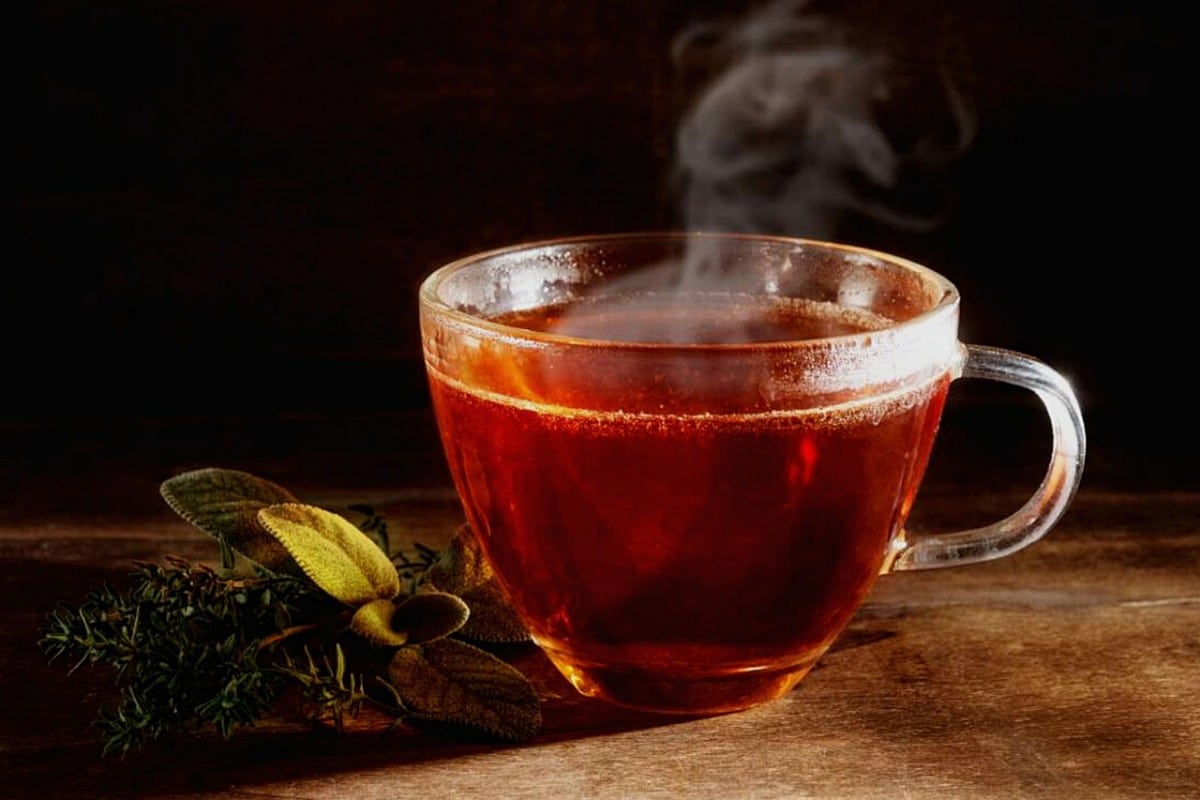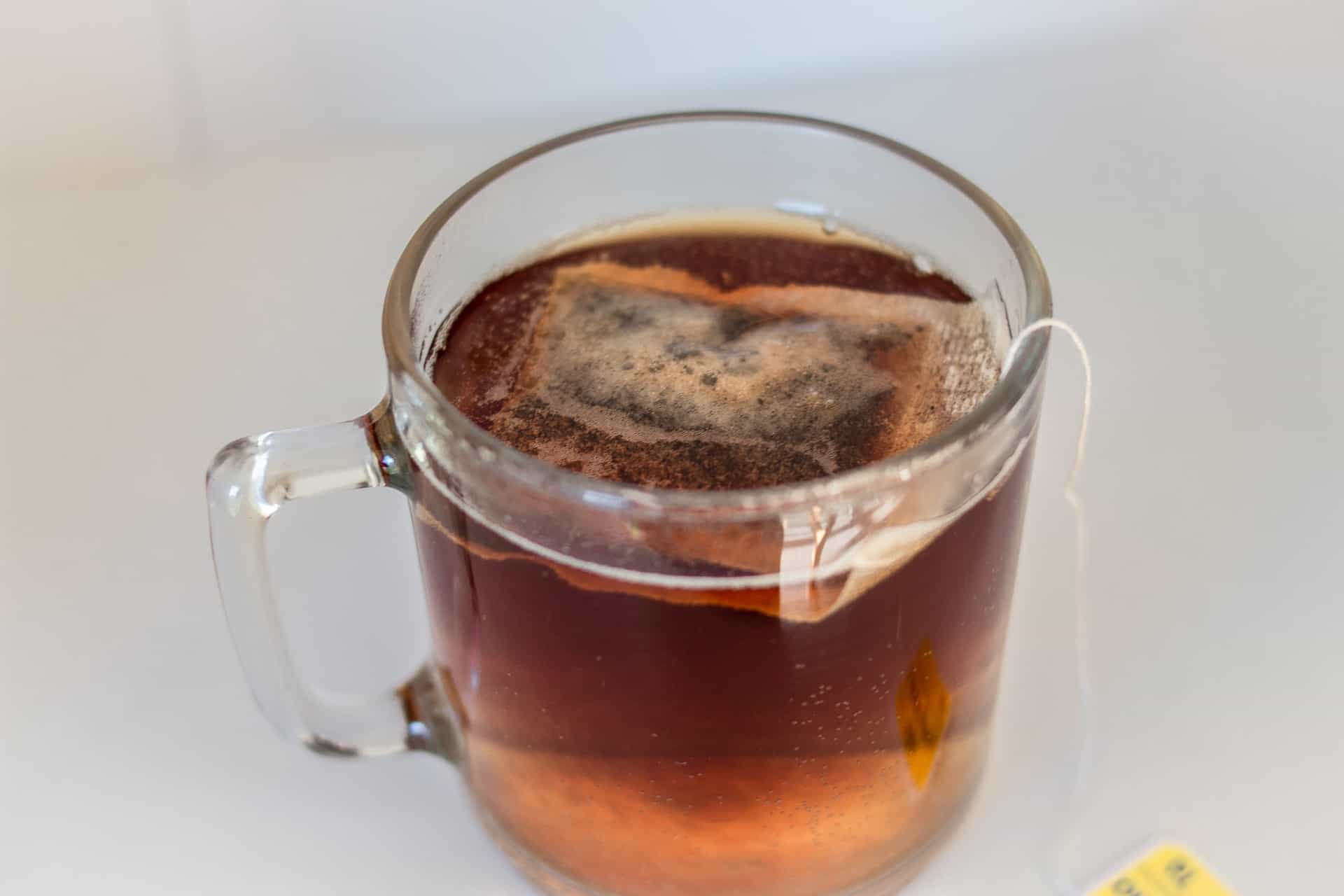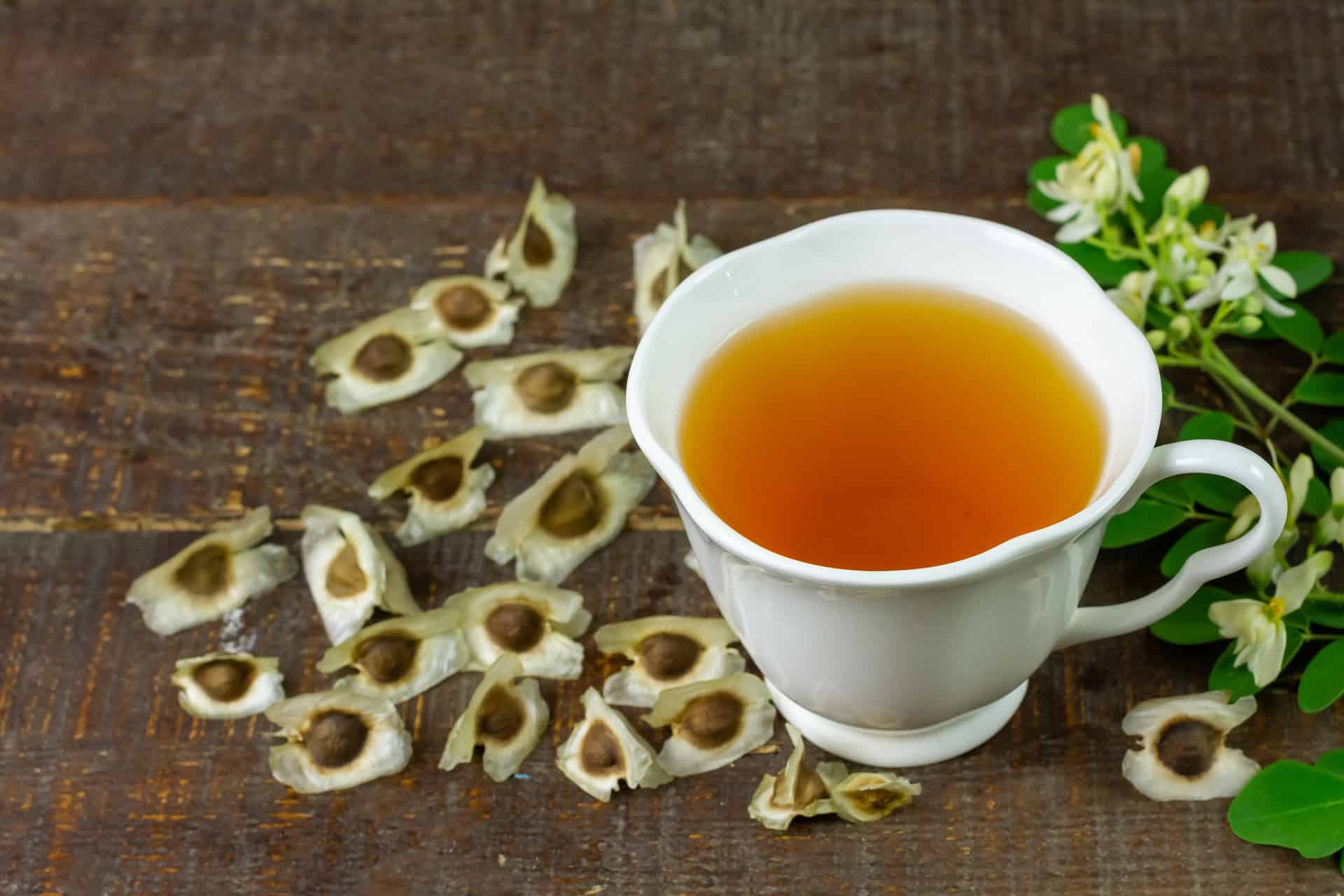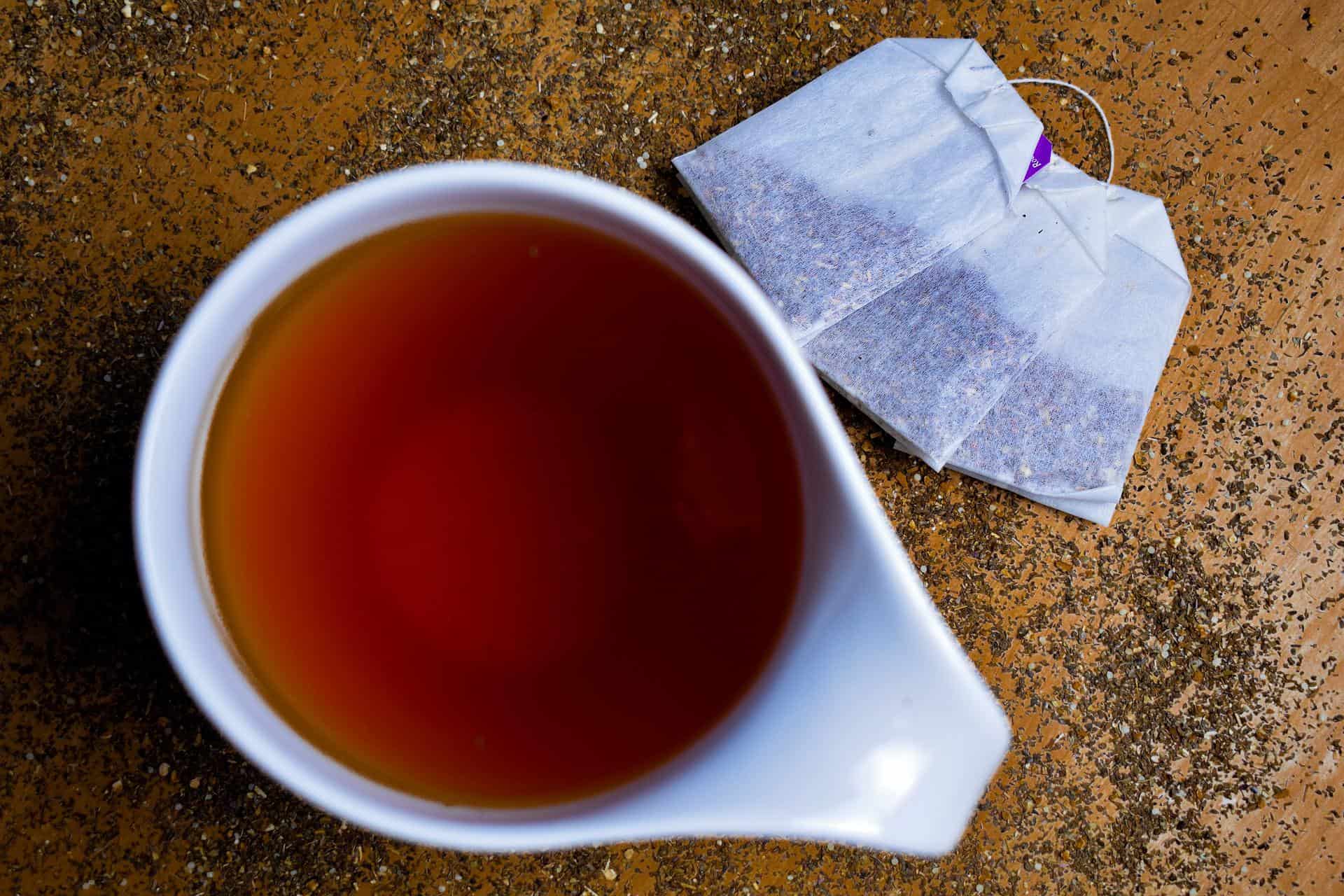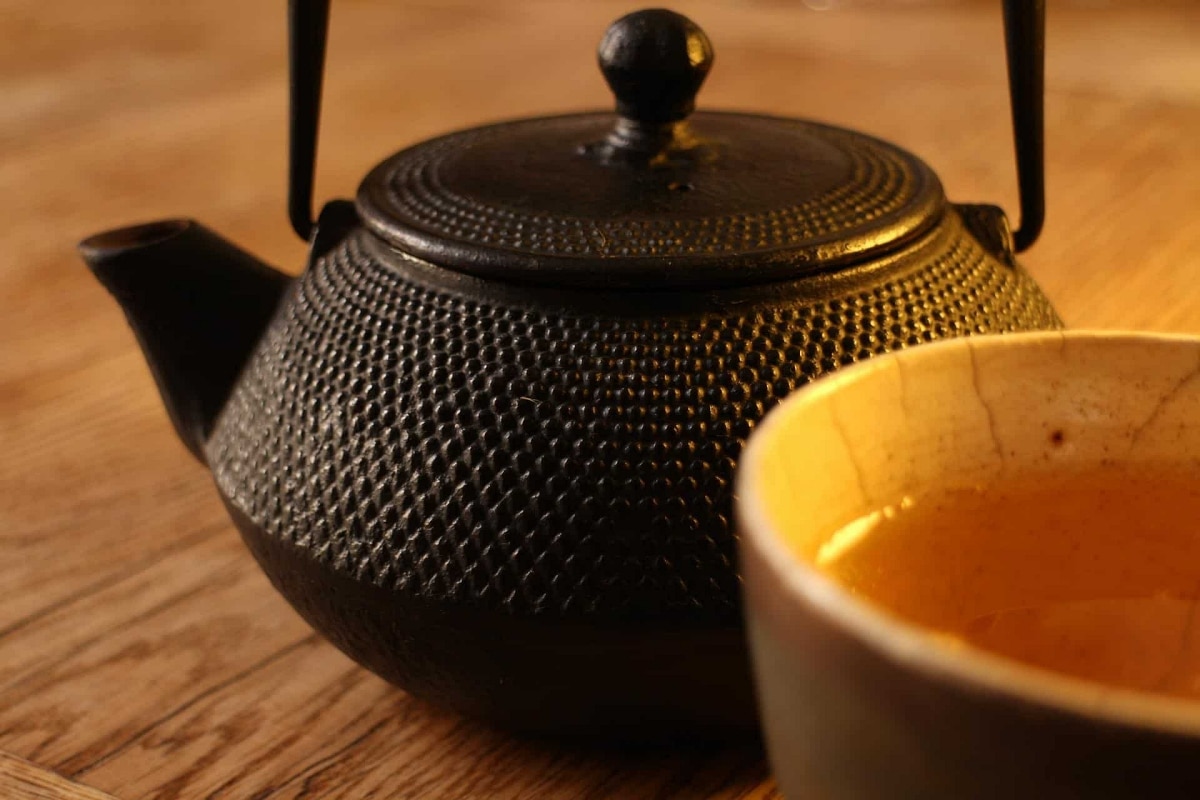TEA FOR ANXIETY AND PANIC ATTACKS
Yi Guan Acupuncture and Chinese Herbalism is proud to offer our own line of herbal medicinal teas. Today we’d like to present Unruffled, a formula to help with physical symptoms that come with the onset of panic attacks.
CLASSIC FORMULA
This tea is based after the classic formula Ba Xia Hou Po Tang, named after its two chief medicinal herbs, ban xia, or pinellia rhizome, and hou po, or magnolia bark, a known adaptogen. Other ingredients include ginger, poria mushroom, and perilla leaf. This formula has the herbal action of promoting the downward movement of qi, transforming phlegm, and dissipating clumps. This formula was designed to treat a specific entity in Chinese medicine known as mei he qi or plum pit qi. Western medicine has termed his phenomenon globus hystericus. This describes a symptom of the feeling of something caught in the throat that you can’t swallow. In a general sense it extends to feeling a tightness around the neck, or stifling feelings in the chest. These symptoms show a strong correlation with emotional upset, but this formula has had wider use than just emotional upset. Further applications include neurogenic vomiting, irritable bowel syndrome, tonsilitis, esophageal strictures, even respiratory disorders, morning sickness, and Meniere’s disease.
WESTERN PHARMACOLOGY
Though in use for centuries, this formula is relatively new to Western pharmacologic study. At this time, it is not fully known what the full complement of active compounds are in this formula. Several studies have been done on this formula, though, for a variety of uses, both psychological and neurological. Several studies demonstrated its usefulness as an anxiolytic treating panic disorders and modulating the stress response. One study demonstrates this formula positively modulates cerebral levels of noradrenalin, dopamine, and 5-HT, a precursor to serotonin, each important neuropeptides for mood control. Another showed a prokinetic effect in patients with functional dyspepsia, also known as irritable bowel disease (IBS). Another study demonstrated the formulas ability to strengthen the swallowing reflex, even in Parkinsons patients. And another study showed its use in treating “sleep choking syndrome” known in the West as sleep apnea.
CALM YOUR NERVES
Use this tea for the to help with stifling sensations that come from the rapid onset of anxiety attacks, like the sensation of something in your throat you just can’t swallow down. As with all of our teas, it is sold as a finely ground powder, and not as loose tea leaves or coarsely ground leaves. This caffeine-free tea is not steeped in a tea bag and later removed, like jasmine tea. But it is dissolved in the water and ingested with the beverage, similar to matcha tea. This particular tea has the interesting feature of changing colors when hot water is added. Add 3 grams of the powder (or 1-2 teaspoons) to a cup of warm water and enjoy!
Join the Yi Guan Newsletter List!
Sent out just once a month, the newsletter keeps you informed about acupuncture, herbalism and special offers at Yi Guan Acupuncture and Chinese Medicine.
Article Sources:
Four cases of panic disorder successfully treated with Kampo (Japanese herbal) medicines: Kami-shoyo-san and Hange-koboku-to. Psychiatry Clin Neurosci . 2002 Dec;56(6):617-20. https://pubmed.ncbi.nlm.nih.gov/12485303/
The anxiolytic effect of two oriental herbal drugs in Japan attributed to honokiol from magnolia bark, J Pharm Pharmacol . 2000 Nov;52(11):1425-9. https://pubmed.ncbi.nlm.nih.gov/11186252/
Hange-koboku-to, a Kampo medicine, modulates cerebral levels of 5-HT (5-hydroxytryptamine), NA (noradrenaline) and DA (dopamine) in mice, Phytother Res . 2005 Jun;19(6):491-5. https://pubmed.ncbi.nlm.nih.gov/16114091/
Prokinetic effect of a Kampo medicine, Hange-koboku-to (Banxia-houpo-tang), on patients with functional dyspepsia, Phytomedicine . 2005 Nov;12(10):730-4. https://pubmed.ncbi.nlm.nih.gov/16323291/
The effects of the traditional chinese medicine, “Banxia Houpo Tang (Hange-Koboku To)” on the swallowing reflex in Parkinson’s disease, Phytomedicine . 2000 Jul;7(4):259-63. https://pubmed.ncbi.nlm.nih.gov/10969718/
A case of sleep choking syndrome improved by the Kampo extract of Hange-koboku-to, Psychiatry Clin Neurosci . 2002 Jun;56(3):325-7. https://pubmed.ncbi.nlm.nih.gov/12047617/
Chen, John & Chen, Tina, Chinese Herbal Formulas and Applications, Art of Medicine Press 2015
